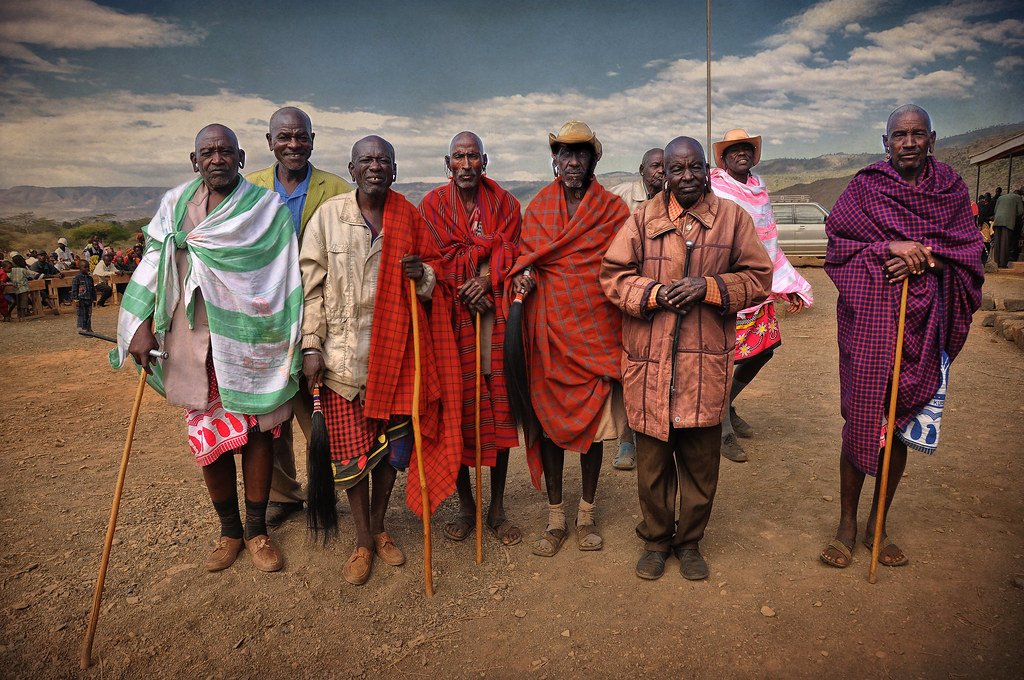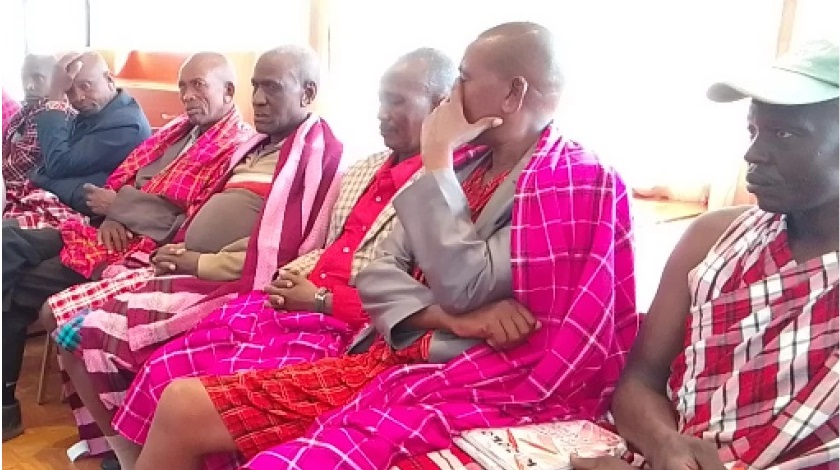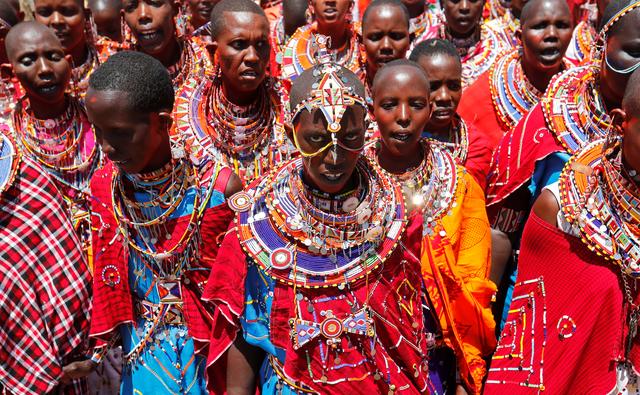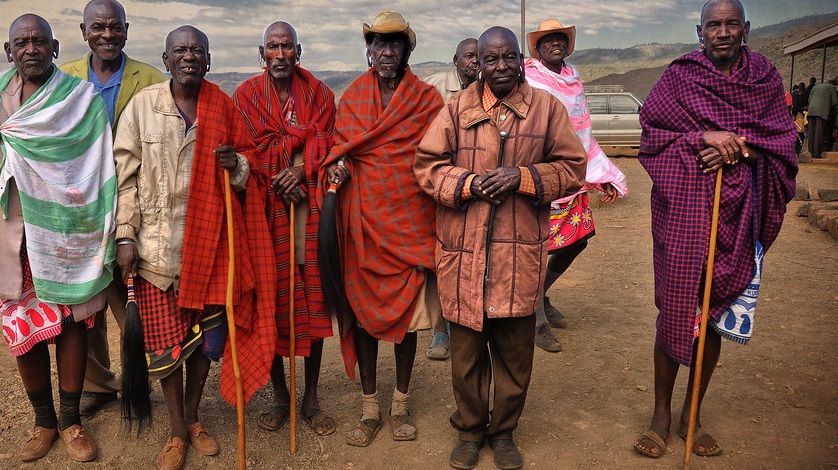200 Maasai elders of the Kekonyokie age from Narok East's Maasai group have committed to leading campaigns to eradicate female genital mutilation (FGM).
Gynecologist John Letiwa said the purpose of the gathering, which included leaders from the community, was to educate them about the dangers of FGM.

Letiwa described how cutting affects female organs and negatively impacts communities that use it during the training.
Also educated about the illegality of FGM and its consequences, which include jail time and fines, were the senior leaders.
Did you read this?
Former council Lilla Ole Mututua applauded the effort to educate elders and urged chiefs and other government officials to work with and support it to eliminate FGM.
A young activist named Trepesio Kooki saw the danger of the disease spreading during the cutting.
A peer leader named Ole Surum Korema lamented the heinous acts committed against young females by some communities.

John Punyua, the pastor of the AIC church, expressed his dissatisfaction with the ongoing disagreements among FGM survivors.
Female genital mutilation (FGM) is still practised in some communities, especially among the Maasai people, despite widespread condemnation of the practice among Kenyans and significant progress achieved in the last three decades to end it.
The Maasai of Kenya is a proud tribe with firmly ingrained traditional values and practices. Maasai girls between 12 and 14 get haircuts to symbolize their transition from girls to women.

It is a component of the girls' traditional rites of passage that must happen to a girl as a transition to an adult in the community. However, this custom disregards the dangers it causes to the health of young women participating in it.
A cut girl is viewed as virtuous and marriage-ready by Maasai men, providing parents with a good source of cash in exchange for allowing their daughters to be married off. On the other side, an uncut girl is seen as a "child" by the community, faces isolation, and is less likely to get a marriage proposal.









